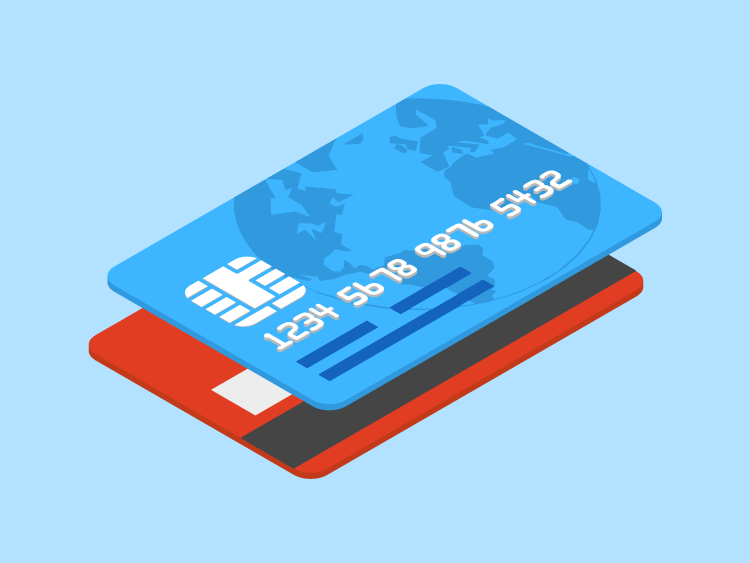
Few people are immune to financial crises, but if you have credit card debt, you may experience more money struggles than others. Fortunately, many credit card companies offer various forms of relief to people who experience sudden financial hardship.
While it’s possible for a credit card issuer to provide automatic relief to cardholders, you generally need to request assistance to qualify. Here’s what you need to know about credit card relief during a financial crisis and some of your options.
How to pay off credit card debt during a financial crisis
If you don’t have extra cash to put toward your credit card debt right now, here are some alternatives to consider:
- Apply for a balance transfer credit card: Balance transfer cards offer introductory zero percent APR promotions that can give you time to pay off your debt interest-free. Even if you can’t afford to pay it off within the promotional period, it can give you some valuable time to get back on the right track without interest working against you.
- Apply for a personal loan: On average, personal loans charge lower interest rates than credit cards, so you could save money by consolidating your debt with one. Your terms will vary based on your credit score and other factors, however, and your monthly payment will likely be higher than your current minimum payment. If you’re considering a personal loan, visit Credible to get prequalified and compare rates for personal loans.
- Use credit card rewards: If you earn cash back with your credit card, consider using that to pay down debt instead of other things.
- Work with a credit counselor: A credit counseling agency can help you with your debt through a debt management plan. For a modest monthly fee, credit counselors can help you reduce your monthly payments and even negotiate lower interest rates.
How to get relief from your credit card debt during a financial crisis
If you’re struggling during a financial crisis, here are some types of credit card relief you can request:
- New due date: Many banks and credit unions allow cardholders to move their account due date, primarily to better align their payment with when they get paid. If you’re experiencing some money troubles, requesting a new due date could also give you a little more time to get the money together to make your payment.
- Waived fees: If you’re late on your monthly payment for any reason, you may be eligible to get the late fee waived if it’s your first time. In fact, some credit cards automatically waive your first late fee or don’t charge late fees at all. Also, some cards don’t charge a penalty APR, a higher interest rate that can kick in if you pay late. Finally, some card issuers may be willing to waive annual fees as a courtesy.
- Increased credit line: If you’re getting close to max out your credit card with necessary expenses, you may be able to call your credit card company and ask for a bigger credit line. This process typically involves a hard credit check, which can affect your credit score. But the benefit of a higher credit limit can be worth it in the long run.
- Deferred payments: Credit card companies understand that it’s better to give you a break on payments than to allow you to get behind—you’re more likely to pay your bills if you have time to get back on your feet financially. As a result, you may be able to request deferred payments on your account. Just keep in mind that interest will likely continue to accrue on your debt during the deferral period.
- Lower interest rate: In some cases, you may be able to score a lower interest rate on your account than what you’re currently paying. Even if the reduction is temporary, it can save you money while you’re trying to address your financial obligations.
It’s important to remember that no two lenders are alike, so your options during financial hardship can vary depending on your credit card company. Call your card issuer to understand your options.











